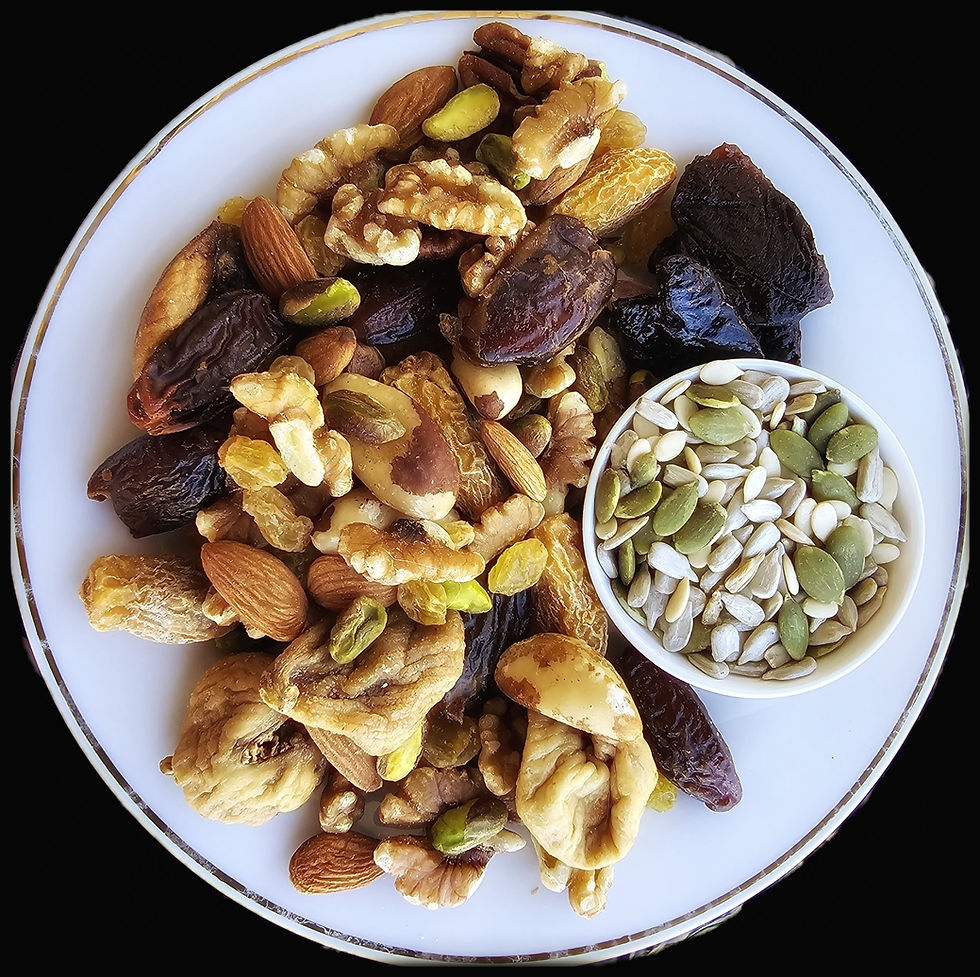World Migratory Bird Day: How to Ensure Their Protection
- Admin
- Oct 12, 2024
- 2 min read

Bird migration is an awe-inspiring journey, with species travelling thousands of kilometres between breeding and wintering grounds. These migrations are crucial for survival, enabling birds to find food, escape harsh climates, and raise their young ones in optimal conditions.
Sadly, climate change and global warming are disrupting these ancient patterns. Rising temperatures and unpredictable weather are altering migration routes, breeding cycles, and food availability, putting many species at grave risk:
Population Decline: 40% of migratory birds, like the Wood Thrush and Swainson's Warbler, are in decline. In North America alone, populations have dropped nearly 30% since 1970.
Extreme Weather Events: Increased storms and heatwaves are up 30%, devastating migratory species. The Eastern Monarch Butterfly, for instance, saw a 53% decline after storms destroyed its habitat.
Shrinking Habitats: Arctic birds, like shorebirds, have lost 15% of their breeding grounds due to melting ice and permafrost.
Altered Migration Routes: 25% of species, such as Arctic Terns, are shifting routes, often taking longer and more unpredictable paths.
Timing Shifts: Birds like the European Pied Flycatcher are arriving at breeding grounds up to two weeks early, missing crucial food supplies.
Breeding Mismatches: 53% of bird species are struggling with breeding cycles, like the Great Tit, unable to align egg-laying with food availability, risking chick survival.
Saving migratory bird species is crucial because they play vital roles in maintaining the balance of ecosystems. Here’s how:
Pollination & Seed Dispersal: Many birds help pollinate plants and disperse seeds, contributing to the health and regeneration of forests and other habitats.
Pest Control: Birds naturally regulate insect populations, reducing the need for chemical pesticides and promoting healthier ecosystems.
Biodiversity: Migratory birds contribute to global biodiversity, strengthening ecosystems' resilience against disease and other threats.
Ecotourism & Economy: Birdwatching and ecotourism generate economic benefits and support local communities.




Comments